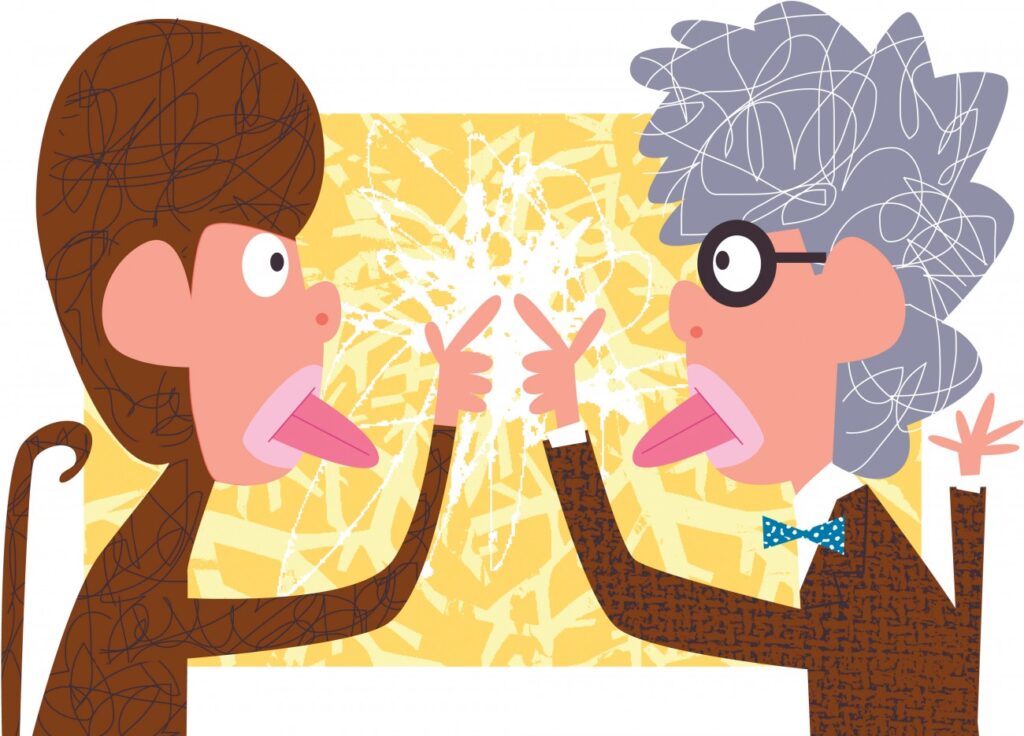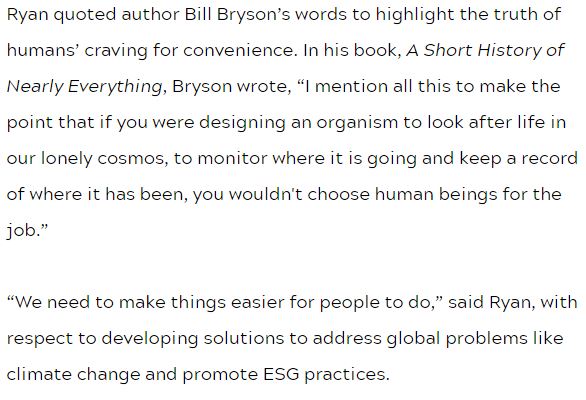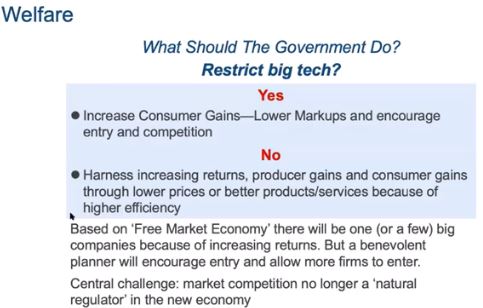
On an afternoon of a pre-pandemic workday, I was riding a nearly empty subway in downtown Washington DC. Such an experience of riding a bus or a train to work and school feels as if it happened a very long time ago. Generally speaking, poor and physically disadvantaged workers in their daily commute are the mainstays of public transportation in America. For international visitors, the accessibility and affordability of mass transit determines a city’s popularity for tourism. But locals make fun of the national capital’s subway system, saying it is like the divisive politics in Congress—poor performance, expensive and short-sighted. Riding on the problematic subway, daily commuters seem to have the greatest tolerance and say nothing, a typical example of silent majority.
On that afternoon, I saw a paper bag of McDonald’s at the corner of the train door. An empty plastic cup was rolling on the floor as the train door closed and open. An African American young woman entered my car and sat by the train door. The train moved along a few stops. As the doors once again opened, the woman bent down to grab the empty plastic cup and the deserted paper bag of McDonald’s with her. She got off the train in a hurry.
I cannot forget what I saw. Someone who was not supposed to bring food and beverage onboard had violated the passengers’ regulations. And what’s worse, that passenger left the trash behind on the train. No one, including me, in that train car minded that our shared environment was polluted. Until that young lady appeared, no one who had disembarked had the slightest motivation to do what that young lady did.
In hindsight, I wonder if we are like monkeys that we emulate what we see and what we are exposed to. On that train with the McDonald’s bag and plastic cup, nobody would want to do something healthful to our shared environment. To humans, it was a disappointment. I was one of those indifferent mortals. The trash on the train had a free ride in the most expensive metro system in the country. That cup was so happy that it rolled by many hubristic feet.
A few weeks ago, I attended the first virtual alumni event in my alma mater, Virginia Tech. I had the opportunity to learn a broader meaning of ESG, which stands for Environmental, Social and Governance. Sustainability professionals from business, government, and nonprofits, gathered online to share ESG practices in their organizations. I was the writer of the event. Click here for the full article.

My schoolmate Ryan Hathaway who works for the U.S. Department of the Interior cited author Bill Bryson’s words about humans’ poor management of the planet. I can’t agree more. While we are training artificial intelligence (AI) to conduct deep learning about humans, aren’t we also analyzing and unpacking AI’s smarter-than-me brainwork? Monkey see, monkey do. Who is the monkey here? The AI robots? Or human beings?
Monkey see, monkey do. Monkeys imitate while humans can emulate. Learners emulate by observing the results of what others do and the environment, such as the relevant properties of tools and the goals of others. I take pleasure in comparing e-commerce markets in China and the US. Thanks to the SARS outbreak in 2003, China’s Alibaba-Taobao, JD.com and alike could rise to the occasion and establish a business-to-consumer (B2C) ecosystem. E-commerce platforms significantly helped tens of millions of Chinese consumers to get what they need during the epidemic while practicing social distancing and regional lockdowns. A classic example of turning a crisis into an opportunity. I can’t say Amazon emulates China’s Alibaba-Taobao but I often find strategic similarity between them to expand their markets.
Tech firms outside China have since followed suit to build and expand their B2C ecosystems. The Covid-19 pandemic has put global e-commerce on steroids. Everything that we eat, use and give away for free or for sale has its online presence. As said in my previous op-ed essay, to some extent, the large public companies in America are running a similar model whose supply chain planning is synonymous to China’s central planning. I’m delighted to have a deep dive on techno-nationalism and technology competition with economist Keyu Jin from London School of Economics.
With respect to boosting companies’ ESG performance, I think circular economy should be put on the negotiation table high and center for all institutions and sectors. Disappointingly, at COP26, a UN summit on climate change, world leaders failed to discuss how to stop overconsumption and promote a circular economy. The Covid-19 pandemic is like a shot in the arm to help big tech firms grow financially unstoppable. These firms even make us more dependent on the current fossil-fuel powered Internet of Things (IoT) and services. As eco-friendly consumers, we are encouraged to buy goods and services from the good actors in clean energy transition and circular economy.

An analysis by Cambridge University suggests bitcoin uses more electricity annually than the whole of Argentina. You may have heard of the buzzword “bitcoin mining.” It is the process of creating new bitcoin by solving a computational puzzle. This mining process is power-hungry, involving heavy computer calculations to verify transactions. Data centers that are responsible for storing and processing the vast amounts of information needed to run the digital economy are also power hungry. On average, as much as 40% of a data center’s power consumption goes toward cooling the servers. So, it’s not hard to imagine as the Earth’s temperature is rising, we’ll consume more electricity for cooling. We can’t ignore the trade-offs in the environmental, social, and economic aspects to the e-commerce sector.
Confucius once said, “By three methods we may learn wisdom: First, by reflection, which is noblest; second, by imitation, which is easiest; and third by experience, which is the bitterest.” Although its Chinese origin is controversial, I find the quote useful for me to learn from others in order to improve myself. Monkey see, monkey do. That young woman who took the trash out of the train left a deep impression on me. Two days ago, I volunteered to pick up recyclable scraps in my neighborhood. They were blown away by a strong wind overnight before the recycle truck arrived the following morning. Looking back, I would do it again for a better living environment.
“By three methods we may learn wisdom: First, by reflection, which is noblest; second, by imitation, which is easiest; and third by experience, which is the bitterest. (我們可以通過三種方法來學習智慧:首先,通過反思,這是最崇高的。其次,通過模仿,這是最簡單的;第三點是經驗,那是最痛苦的。)“
—Confucius 孔子
